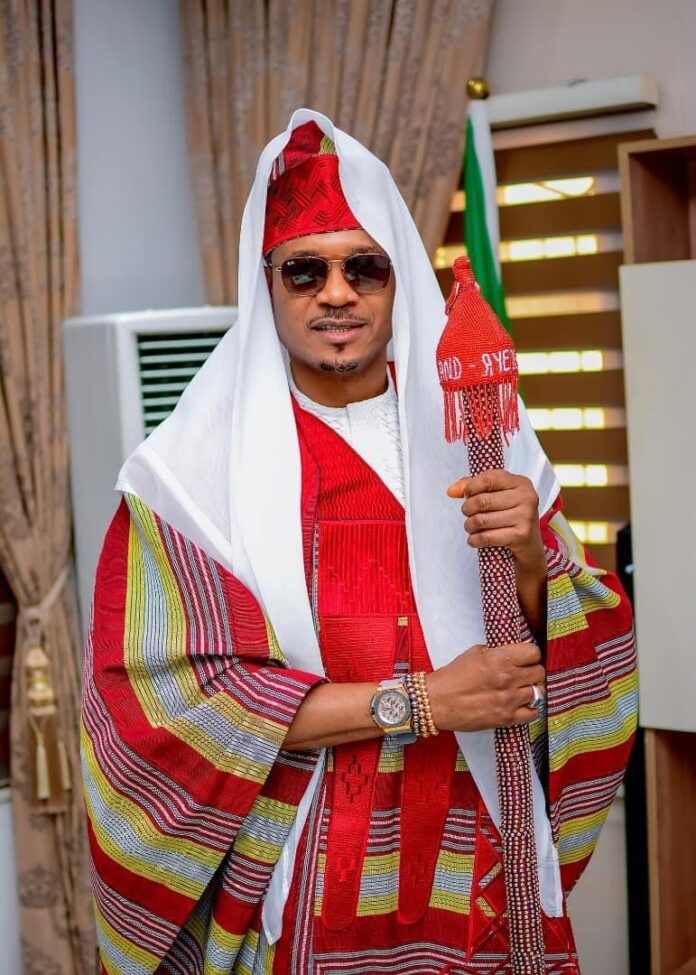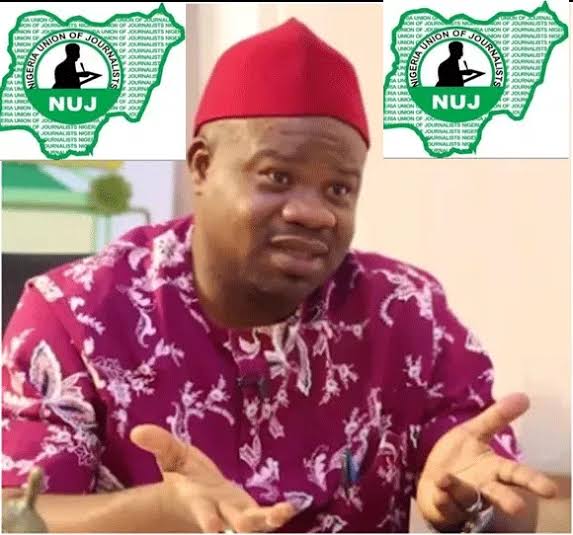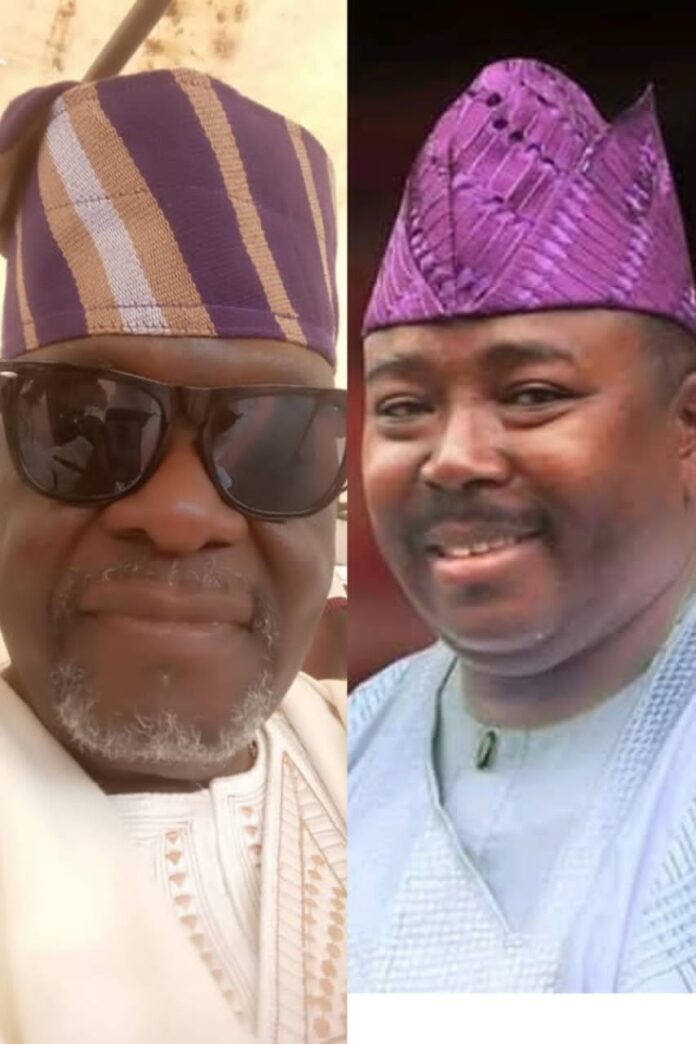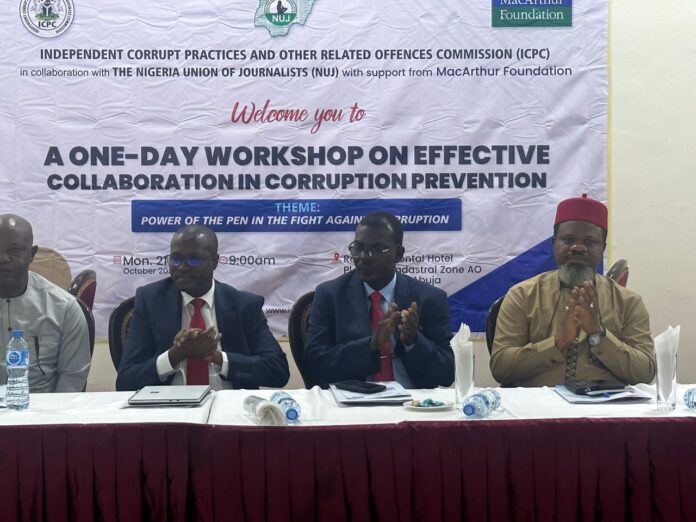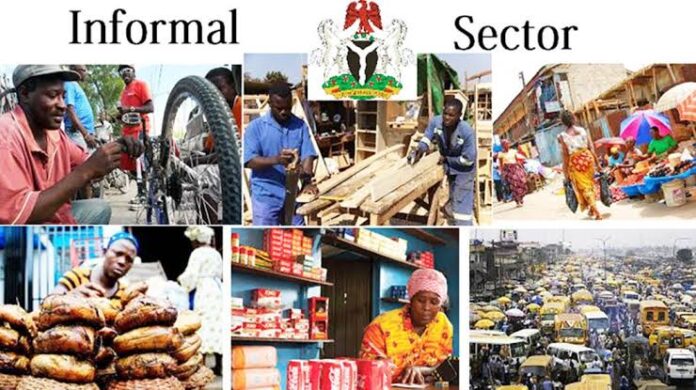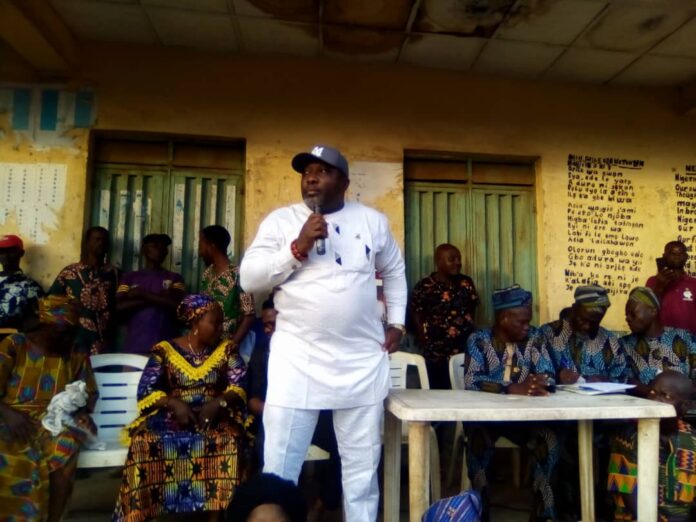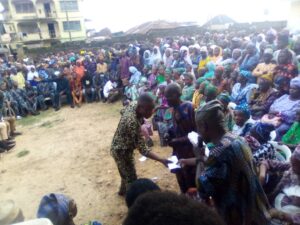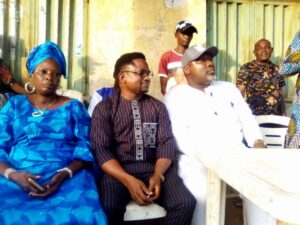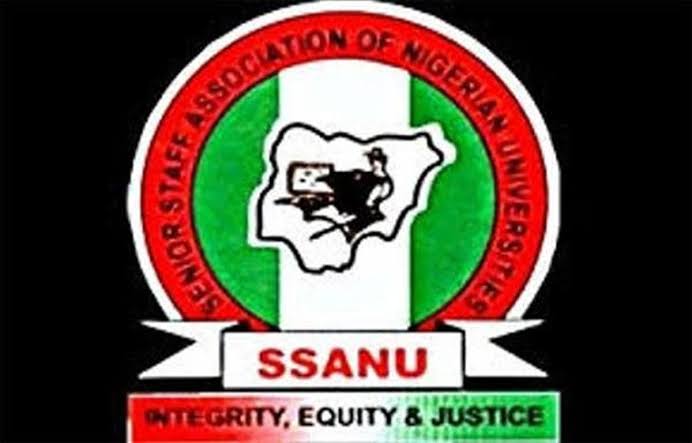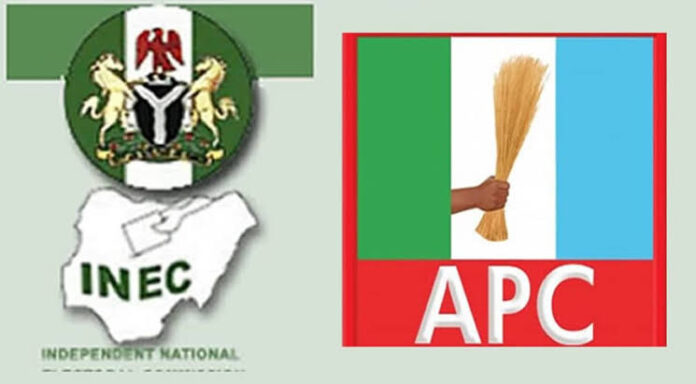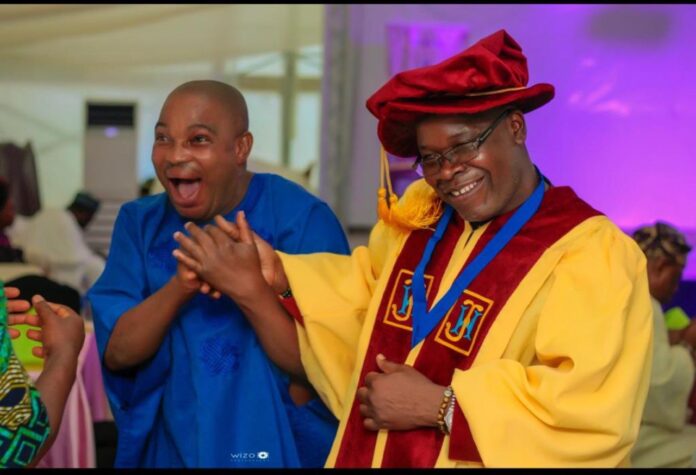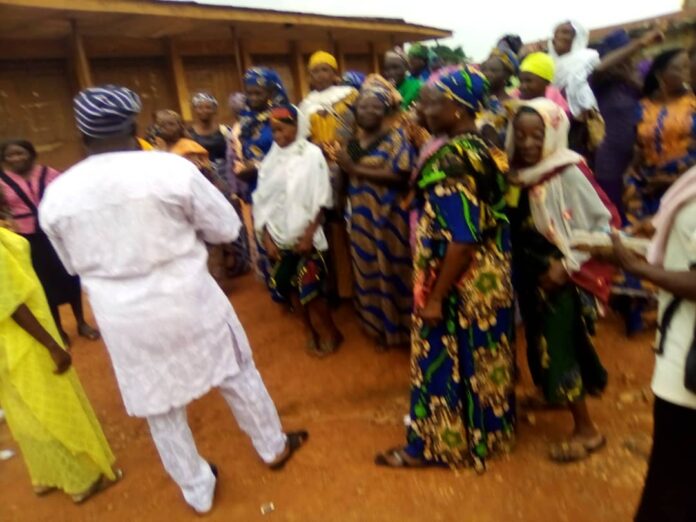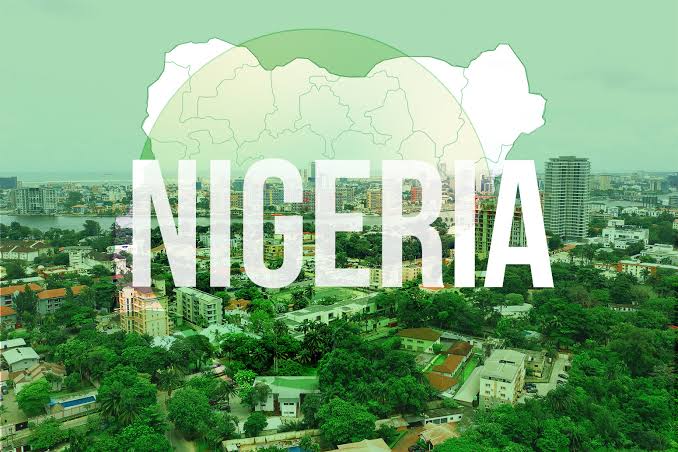In the complex landscape of Nigerian politics, where self-interest often dominates, Hon. Shina Peller stands out as a beacon of hope and integrity. His unwavering commitment to the welfare of ordinary Nigerians earns him both admiration and disdain from other politicians.
Shina Peller is a serial entrepreneur who has made a mark for himself in the private sector before joining politics. Often described as a Nigerian politician from another planet due to his unique approach, Peller’s determination to speak for the voiceless makes him a notable figure amidst what some might call “bad eggs” in politics.
Hon. Peller is one of the few rare Nigerian politicians who face challenges due to their enduring quest for positive change in Nigeria. Hon. Shina Peller’s political journey is anything but conventional. With a background as a successful entrepreneur, he entered the political arena not to further his financial interests but to make a meaningful impact on society. This distinguishes him from many politicians who often prioritize personal gain over public service.
Known for his openness, God fearing, truthfulness, and genuine concern for the masses, Peller has become a voice of reason in a turbulent political environment. His public statements reflect a consistent plea for the government to focus on the welfare of its citizens instead of succumbing to selfish motives. This directness and authenticity have earned him respect among the electorate but also raised eyebrows among established politicians who thrive on ambiguity and manipulation. For Peller, however, the path is clear: prioritizing the needs of the people is non-negotiable.
Peller’s forthrightness has painted a target on his back. Many of his colleagues view him as a threat to their interests, perceiving his advocacy for transparency and accountability as a challenge to their power structures. This retaliatory behavior manifests in various forms, including attempts to undermine his businesses and deter his political initiatives. The struggles he faces are reflective of a broader issue within Nigerian politics—where those who dare to challenge the status quo often find themselves isolated or attacked.
Nevertheless, Peller remains undeterred. His resilience in the face of opposition showcases not just his dedication but reflects a growing demand among the populace for accountability from their leaders. At the core of Hon. Shina Peller’s mission is his unwavering commitment to the common man. He frequently engages with constituents, listening to their grievances and finding ways to address their concerns.
His efforts do not stop at mere words; he actively advocates for policies that would uplift the impoverished and marginalized sectors of society. One remarkable initiative led by Peller is his involvement in youth empowerment programs. By providing skills training and entrepreneurial support, he aims to equip young Nigerians with the tools they need to succeed. In a country where unemployment rates soar and opportunities seem sparse, these efforts are not merely commendable—they are essential in shaping a brighter future.
Recognizing the pivotal role that youth play in shaping the future, Hon. Shina Peller invests significantly in youth empowerment programs. His belief that young people are potential agents for change drives his initiatives to equip them with education and vocational skills. He founded the Lead Generation Initiative (LGI), a non-governmental, non-partisan organization focused on developing the leadership skills of young people to take active responsibility for building their immediate environment and civic responsibility among young Nigerians.
Through LGI, Hon. Peller trained about 1,700 young people via the train-the-trainer model. Over one hundred thousand lives have been positively impacted across the country’s six geopolitical zones. His training programs in governance, political organizing and mobilization, active citizenship, strategic communication, and social inclusion empower youths to become active participants in their communities. These efforts have earned him prestigious titles like Grand Patron of National Association of Nigerian Students (NANS), Grand Commander of the Nigerian Youth (GCNY), and Life Patron of the Nigerian Youth from the National Youth Council of Nigeria (NYCN).
As a member of the ninth House of Representatives, Honourable Peller sponsored several laudable motions and bills that are considered masses-driven by many. One such motion was his call to tackle the Scourge of Rape and Other Sexual Offenses against Children in Nigeria. This motion effectively prompted the federal government to launch the first National Sexual Offenders Register in the country to tackle sexual abuses against girl children and women.
Honourable Peller’s last motion as a member of the ninth National Assembly was the need for the federal government to strengthen the Creative Industry. Commendably, President Bola Ahmed Tinubu’s administration heeded the clarion call by deciding to create the Ministry of Art, Culture and Creative Economy on its own.
Hon. Shina Peller’s commitment to promoting peace and unity in Nigeria is truly inspiring. As the Ayedero of Yorubaland, a title conferred upon him by the late Alaafin of Oyo, Oba Lamidi Olayiwola Adéyẹmí III, in 2021, he has taken on the responsibility of fostering peaceful coexistence among various ethnic groups in the country. His Ayedero Peace Tour is a notable initiative, where he visited Northern neighbors in Zamfara, Kebbi, Sokoto and Niger States affected by banditry and terrorism, engaging with traditional rulers, youth, and the Police to address core issues and provide essential materials to those in need. During these visits, the Ayedero donated food items to affected communities.
Peller’s advocacy extends beyond individual programs, encompassing a broader vision for national development. He regularly urges the government to prioritize healthcare, education, and infrastructural development, emphasizing that true leadership lies in serving the people, not just occupying a position of power. Despite facing numerous challenges, his loyalty to his cause remains unwavering, earning him the title of Voice of the Common Man.
His story serves as a testament to resilience, integrity, and dedication to the Nigerian people. In a political landscape often dominated by self-serving leaders, Peller emerges as a symbol of hope, reminding us that good governance is attainable. His calls for transparency and accountability challenge others to rethink their motives, offering a roadmap for effective leadership that prioritizes the common good.
As a member of the Peoples Democratic Party (PDP), Hon. Shina Peller is poised to make a significant impact in the 2027 general election. His journey invites every Nigerian to join in fostering a political culture that respects human dignity and prioritizes the common good, demonstrating that real change can be achieved through unity and collective action.


